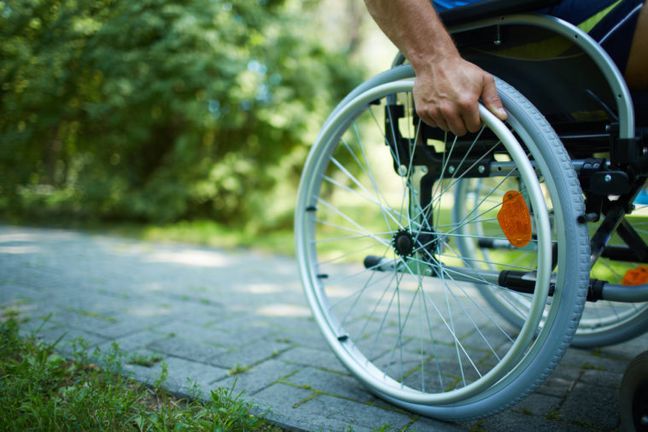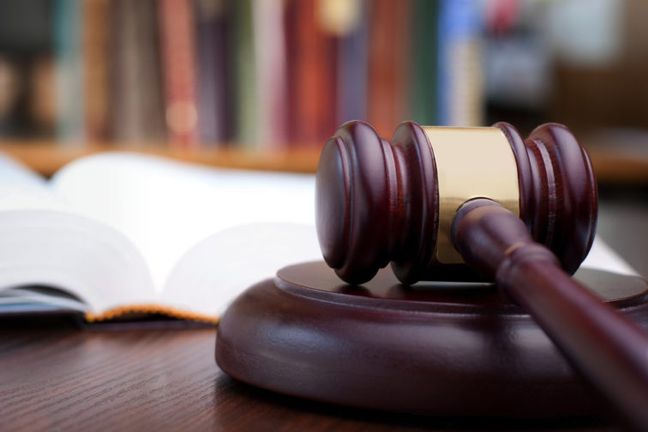The questions of whether and when a plaintiff/patient-litigant puts her mental, psychological, psychiatric, or emotional state at issue have been extensively addressed by the California Supreme Court. In 1970, the Court addressed the patient-litigant exception of section 1016 of Evidence Code, holding the patient-litigant exception to the psychotherapist-patient privilege does not unconstitutionally infringe on the constitutional rights of patients, but that the scope of the discovery permitted “depends upon the nature of the injuries which the patient-litigant himself has brought before the court.” (In re Lifschutz (1970) 2 Cal.3d 415, 420-423 and 435.) The Court further noted:
Because only the patient, and not the party seeking disclosure, knows both the nature of the ailments for which recovery is sought and the general content of the psychotherapeutic communications, the burden rests upon the patient initially to submit some showing that a given confidential communication is not directly related to the issue he has tendered to the court. (Id. at 436-437.)
Eight years later, the Court explained “Under section 1016 disclosure can be compelled only with respect to those mental conditions the patient-litigant has “disclose(d)… by bringing an action in which they are at issue…the scope of the inquiry permitted depends upon the injuries which the patient-litigant himself has brought before the Court. (Britt v. Superior Court (1978) 20 Cal.3d 844, 863-864.) The Court further explained, a plaintiff may not withhold information relating to any mental condition they have put in issue by bringing a lawsuit, but they are entitled to retain the confidentiality of all unrelated medical or psychotherapeutic treatment. (Id. at 864.)
More recently, the Court again held, a plaintiff puts his mental and emotional state in controversy by alleging a defendant has caused him to suffer mental and emotional ailments. (Vinson v. Superior Court (1987) 43 Cal.3d 833, 839-840.) The pleadings are sufficient to put a plaintiff’s mental condition in controversy. (Id.) Further, by alleging a causal link between “various mental and emotional ailments” and defendants’ conduct, a plaintiff places her mental state in controversy. (Vinson, 43 Cal. 3d at 839-840.) In plain terms, a “[p]laintiff cannot be allowed to make her very serious allegations without affording defendants an opportunity to put their truth to the test.” (Id. at p. 842.)
California law explicitly limits the scope of the physician-patient and psychotherapist-patient privileges, and “[t]here is no privilege … as to communications relevant to an issue concerning the condition of the patient if such issue has been tendered by … [t]he patient.” (Evid. Code § 996 (physician-patient privilege); Evid Code § 1016 (psychotherapist-patient privilege) (“There is no privilege … as to a communication relevant to an issue concerning the mental or emotional condition of the patient if such issue has been tendered by … [t]he patient.”).) When a plaintiff has already put his physical and mental condition at issue, medical records documenting the plaintiff’s health issues are directly relevant to causation and damages. (See Britt v. Superior Court (1978) 20 Cal. 3d 844, 849 (in seeking recovery for physical and mental injuries, plaintiff “unquestionably waived” privileges as to the medical, emotional, and mental conditions).
When a plaintiff himself discloses those ailments by bringing an action in which they are in issue, there is no longer any reason for the privilege. “The patient-litigant exception precludes one who has placed in issue his physical condition from invoking the privilege on the ground that disclosure of his condition would cause him humiliation. He cannot have his cake and eat it too.” (City & County of San Francisco v. Superior Court In and For City and County of San Francisco (1951) 37 Cal.2d 227, 232.) (Emphasis added.)
Overall, where a plaintiff has put his physical and mental health at issue by alleging he has suffered emotional distress and physical manifestations of his emotional distress as a result of the a defendant’s alleged actions, there is a compelling need for the defendant to be permitted to dispute plaintiffs allegations of prior, current, or future physical and mental health injuries and to discover any evidence of pre-existing or currently existing conditions that may have or are currently contributing to the plaintiffs physical and mental health conditions. A defendant is entitled to confirm the alleged disabilities and medical conditions, and to establish a timeline of when those medical conditions and disabilities arose.

 Author: Terra Affourtit
Author: Terra Affourtit
 Cannabis Workers Allege Quota to Trim 4 Pounds a Day Violates the California Labor Code
Cannabis Workers Allege Quota to Trim 4 Pounds a Day Violates the California Labor Code
 The Ninth Circuit Reminds Us: Every Word Matters
The Ninth Circuit Reminds Us: Every Word Matters
 NO WAY, PRO SE! The Consequences of Abusing the Judicial System as a Pro Se Litigant in Colorado
NO WAY, PRO SE! The Consequences of Abusing the Judicial System as a Pro Se Litigant in Colorado
 Victim of Financial Mismanagement or Unlawful Retaliation? New Jersey City University Program Founder Claims School Retaliated After Reporting Alleged Sexual Harassment
Victim of Financial Mismanagement or Unlawful Retaliation? New Jersey City University Program Founder Claims School Retaliated After Reporting Alleged Sexual Harassment
 “Real Housewives” Gets a Reality Check
“Real Housewives” Gets a Reality Check
 Missing a Chapter: Insufficiency of Expert Deposition Testimony in Medical Malpractice Litigation
Missing a Chapter: Insufficiency of Expert Deposition Testimony in Medical Malpractice Litigation
 Crash Course: Why Summary Judgment Misses the Mark in Illinois Multi-Cause Limousine Crash Collision
Crash Course: Why Summary Judgment Misses the Mark in Illinois Multi-Cause Limousine Crash Collision
 Bitter Truths: Lead, Cadmium, and Defective Pleadings in California Chocolate Class Action
Bitter Truths: Lead, Cadmium, and Defective Pleadings in California Chocolate Class Action
 The Law of Unintended Consequences: Including Insurance Brokers in Litigation Strategy Communication May Waive the Attorney-Client Privilege
The Law of Unintended Consequences: Including Insurance Brokers in Litigation Strategy Communication May Waive the Attorney-Client Privilege
 When the Jury Believes Your Injury is Permanent, but Gives You Nothing for It
When the Jury Believes Your Injury is Permanent, but Gives You Nothing for It
 Colorado Case Law Update
Colorado Case Law Update
 Arizona Case Law Update
Arizona Case Law Update
 Colorado Case Law Update
Colorado Case Law Update
 Defamation – Immunity Under the Communications Decency Act For Republishers or Reposters Absent Material Modification
Defamation – Immunity Under the Communications Decency Act For Republishers or Reposters Absent Material Modification
 Stop Burning Your Core! Ensure Your Gym Rats Leave With Contracts
Stop Burning Your Core! Ensure Your Gym Rats Leave With Contracts